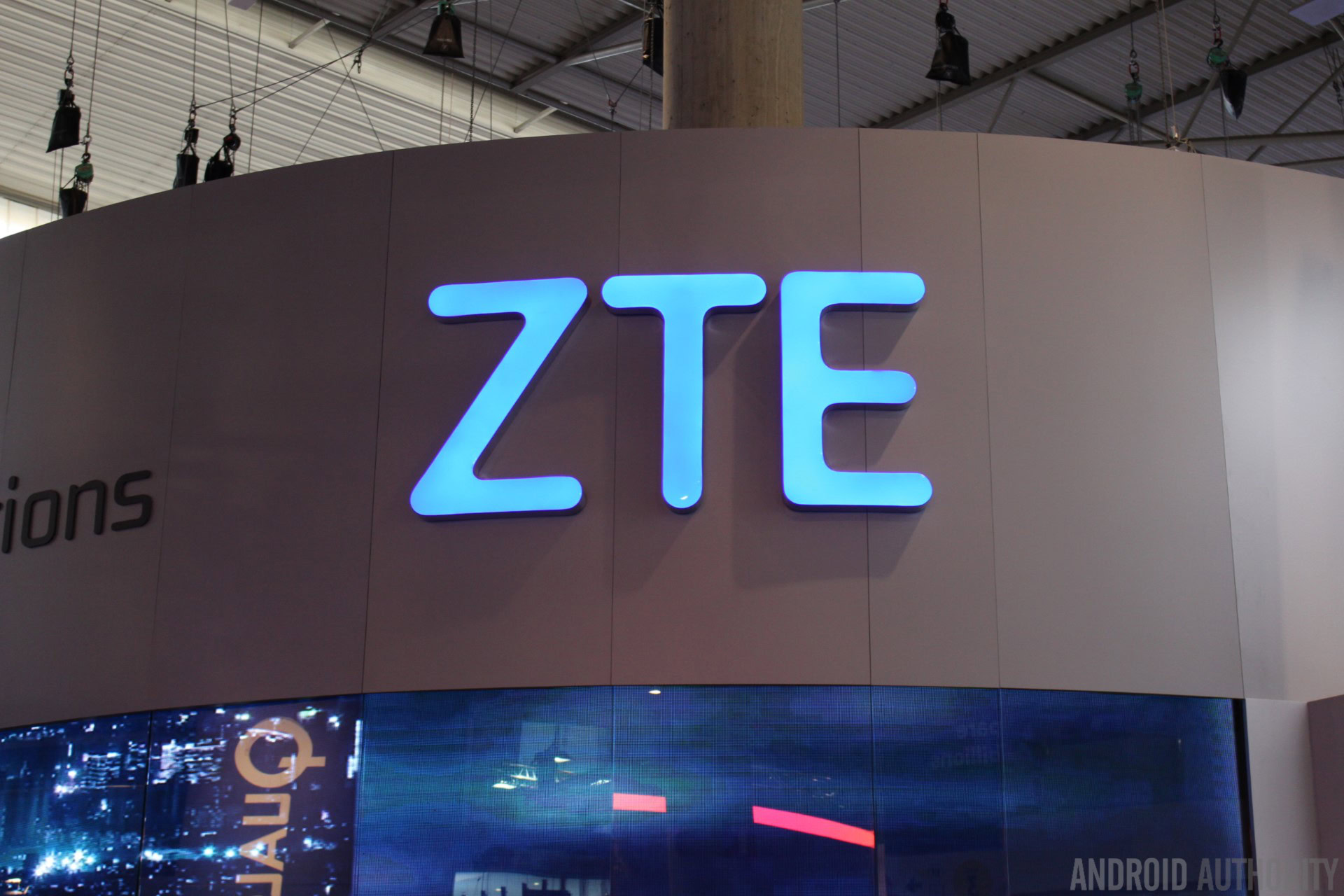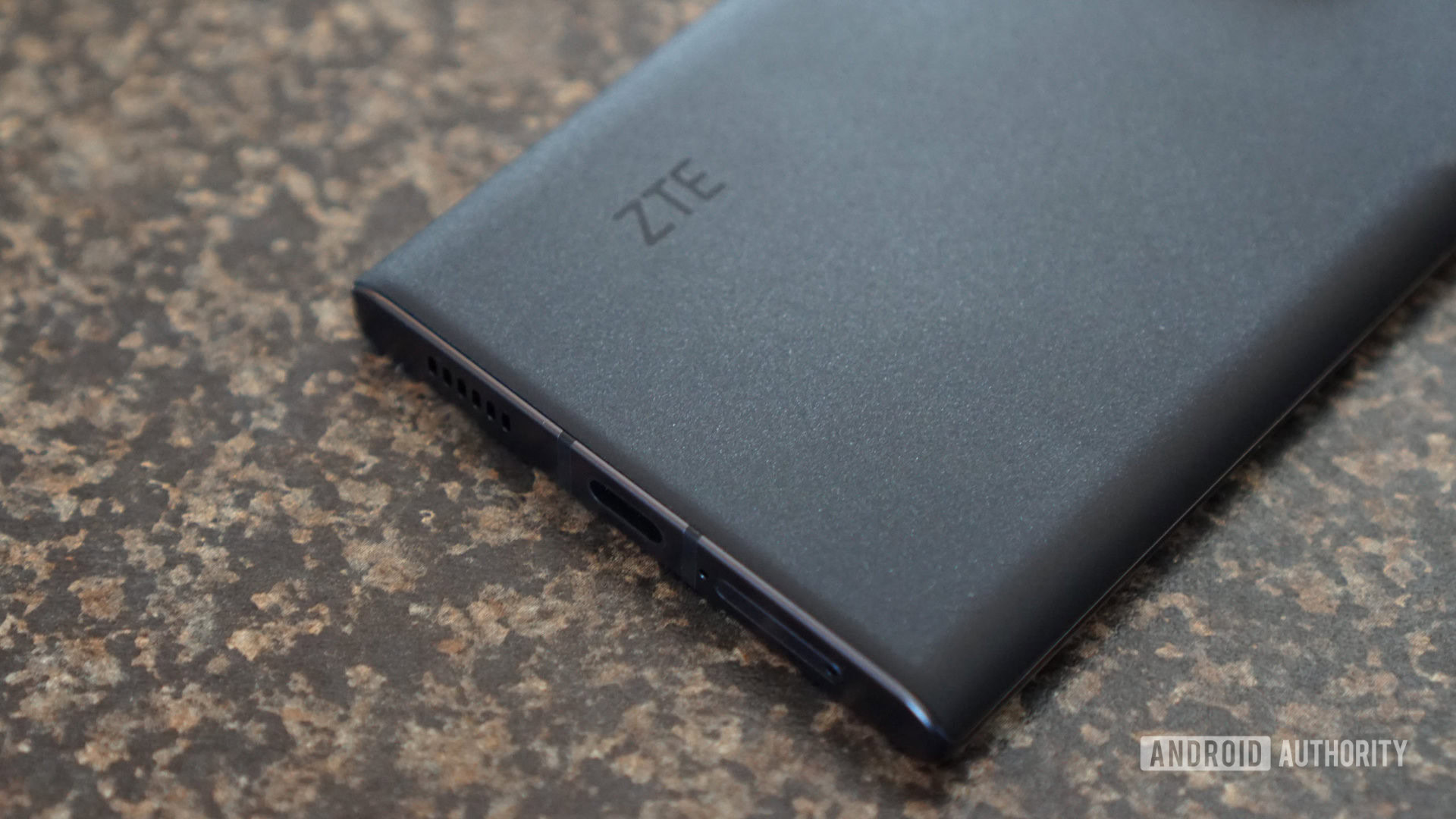Affiliate links on Android Authority may earn us a commission. Learn more.
ZTE can no longer use US hardware in its products, says US government

- Due to criminal activity relating to U.S. trade laws, a new seven-year ZTE ban of U.S. equipment usage was instituted today.
- Effective immediately, ZTE will no longer be able to use any U.S.-created hardware or software in its devices.
- While ZTE can survive this ban, it will severely hurt the company in the short-term.
In the continuing news saga of the United States vs. Chinese technology companies, a new rule is here that severely limits the U.S. trade prospects of a Chinese tech titan. This time, instead of Huawei, it’s Chinese smartphone manufacturer ZTE.
Back in 2012, Reuters reported that ZTE had signed contracts with Iranian telecom companies that would see ZTE devices on Iranian store shelves. However, hardware and software aspects of those devices originated in the United States, which is a blatant violation of Iranian trade embargoes instituted by the U.S. government.

The U.S. Department of Commerce investigated the allegations and found that ZTE had willfully and knowingly violated the U.S. Iranian trade embargo. The investigators even discovered evidence that ZTE developed and instituted elaborate schemes to hide the Iranian trade activity.
As punishment, the government threatened to cut off ZTE’s global supply chain, which would effectively destroy the company. ZTE instead agreed to plead guilty, pay $890 million in penalties (with an additional $300 million penalty possible), and fire four senior employees. Additionally, ZTE promised to discipline 35 other employees who were involved in the illegal activity.
ZTE was caught red-handed engaging in trade that violates U.S. law.
To date, ZTE paid the $890 million penalties and fired the four senior employees, but has yet to reprimand the 35 other employees. This means that not only did ZTE break U.S. trade law and attempt to cover it up, but it is not following through with the punishments for that transgression.
In response to this, also via Reuters, the U.S. Department of Commerce is banning American companies from selling any products (hardware or software) to ZTE for the next seven years.
Douglas Jacboson, a lawyer who represents American suppliers to ZTE, said, “This will be devastating to the company, given their reliance on U.S. products and software. It’s certainly going to make it very difficult for them to produce and will have a potentially significant short- and long-term negative impact on the company. This is going to tank their stock.”
Without U.S. supplies for its devices, ZTE will take a huge hit in its sales while it scrambles to recover.
This new sanction is also likely to draw more ire from China towards the United States. After political issues effectively killed HUAWEI’s ability to sell phones via U.S. carrier AT&T, and President Donald Trump blocked the Broadcom-Qualcomm deal, this is another case of the U.S. using its powers over trade to effectively prevent China from having too much influence within the American economy.
While the supply ban doesn’t prevent ZTE from selling products within the United States, it’s estimated that 25- to 30-percent of the components used in ZTE devices originates from the U.S. Finding new suppliers for those components will take time, and until then ZTE is virtually unable to sell anything.
This news comes on the heels of some other bad news for ZTE in the United Kingdom, via The BBC: the National Cyber Security Centre (NCSC) wrote to U.K. telecoms warning them that the use of ZTE’s equipment and services could pose a national security risk.
In other words, if you have your eyes on a new ZTE device, it would be wise to rethink your purchase.